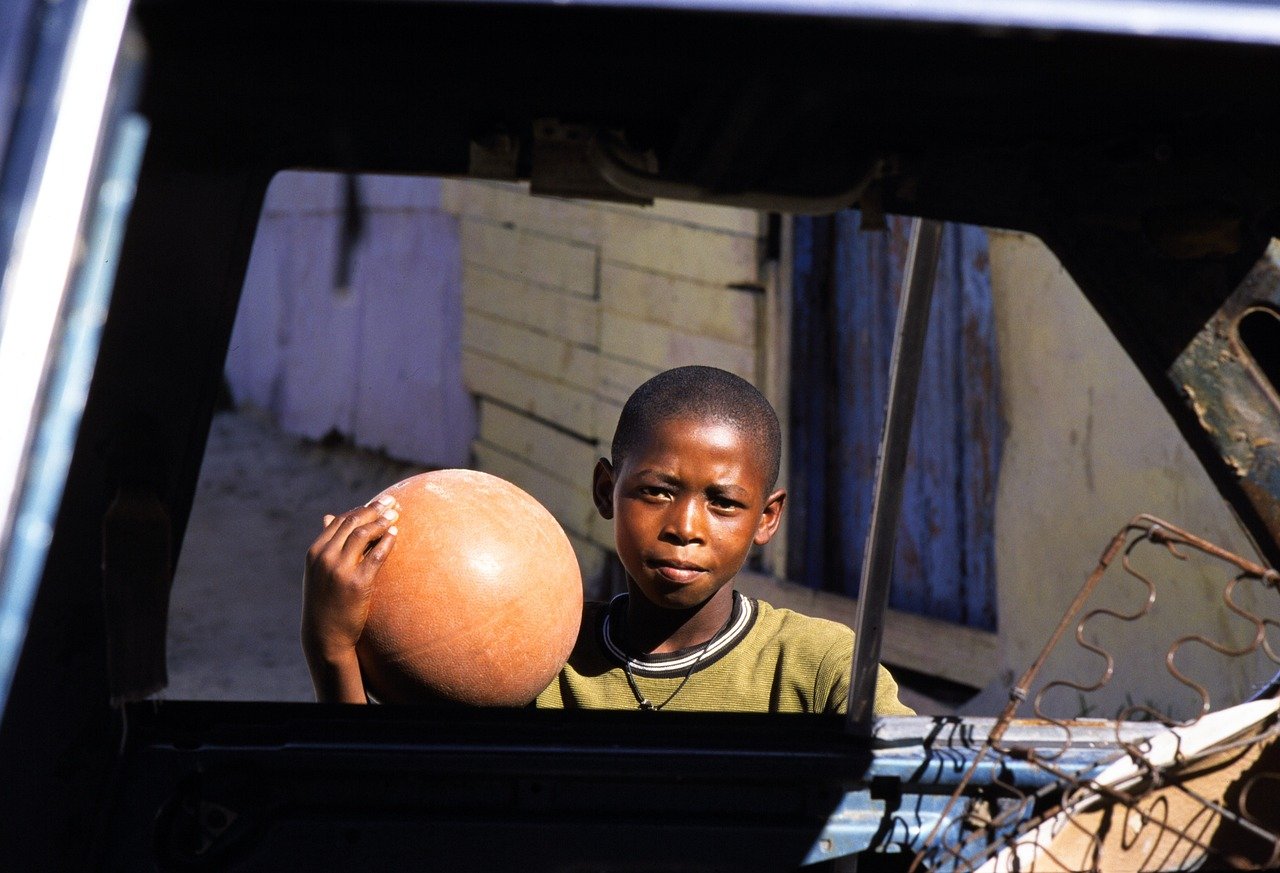How do we define a ‘developing country’?
A developing country is a term used to describe a nation with a lower living standard, an underdeveloped industrial base, and a low Human Development Index (HDI) relative to other countries. However, the concept and definition of a developing country can be a bit fluid and can change depending on who you’re asking. It’s an attempt to categorize countries based on their economic performance, infrastructure, and the well-being of their citizens.
Historically, these countries were often referred to as the “Third World”, a term that arose during the Cold War to define countries that were neither aligned with NATO (First World) nor the Communist Bloc (Second World).
However, “Third World” is now seen as an outdated and sometimes derogatory term.
Is “developing country” the most appropriate term to use?
Is “developing country” the best term to describe nations with growing economies and infrastructures? It’s a commonly used term nowadays, but it’s not without issues. The phrase hints that all countries should aim for a single standard of “development,” which might not suit every nation’s unique culture or goals. By using this term, we might unintentionally suggest that one country’s progress is better than another’s.
This can create a sense of ranking, where some countries are seen as “above” or “more developed” than others. We need to do our best to choose words that respect each country’s individual journey and avoid making them feel less valued or important.
“Low and middle-income countries” (LMIC)
Another term that has been used is “low and middle-income countries” (LMIC). This label offers a more quantifiable approach to categorizing nations based on their gross national income (GNI) per capita. Institutions like the World Bank adopt this income-based classification to provide clearer economic benchmarks. Yet, while income serves as a tangible metric, it doesn’t provide a holistic picture of a country’s development status. Development encompasses a myriad of factors, including health, education, access to basic services, infrastructure quality, and social well-being. Solely focusing on income might overlook pressing issues like literacy rates, life expectancy, or the quality of housing and sanitation.
Therefore, even though this term offers clarity in economic discussions, it has its limitations. We always need to ensure that broader indicators are considered when assessing a country’s overall development and needs.
An alternative to ‘Developing Country’ is “Global South”
More recently, there’s been a push to use the term “Global South” to describe countries that are not part of the industrialized global North, but this too has its complications. The term is more geographical, though not strictly so, and doesn’t necessarily capture the complexities of each country’s situation.
Given the complexities and potential pitfalls of these terms, if discussing a specific nation, it might be more respectful and accurate to use the country’s name or to describe its specific circumstances rather than lumping it into a broad category.
If a broader term is necessary, it’s a good idea to choose the most accurate and respectful term for the context and to be aware of its limitations.
Be informed and sensitive
So while the term “developing country” is widely recognized and used, always research a specific country. Find out about its background, implications, and complexities. Being informed and respectful in our language can lead to more meaningful and respectful discussions about global issues.
Help enhance this article! Share your feedback in the comments or email us with suggestions. Your perspective is crucial in promoting understanding between nations and cultures.
Go back to the blog section 🌐
Explore volunteer opportunities with global organizations and NGOs 🌐
See volunteer projects in Biodiversity 🍄and Conservation 🌿

